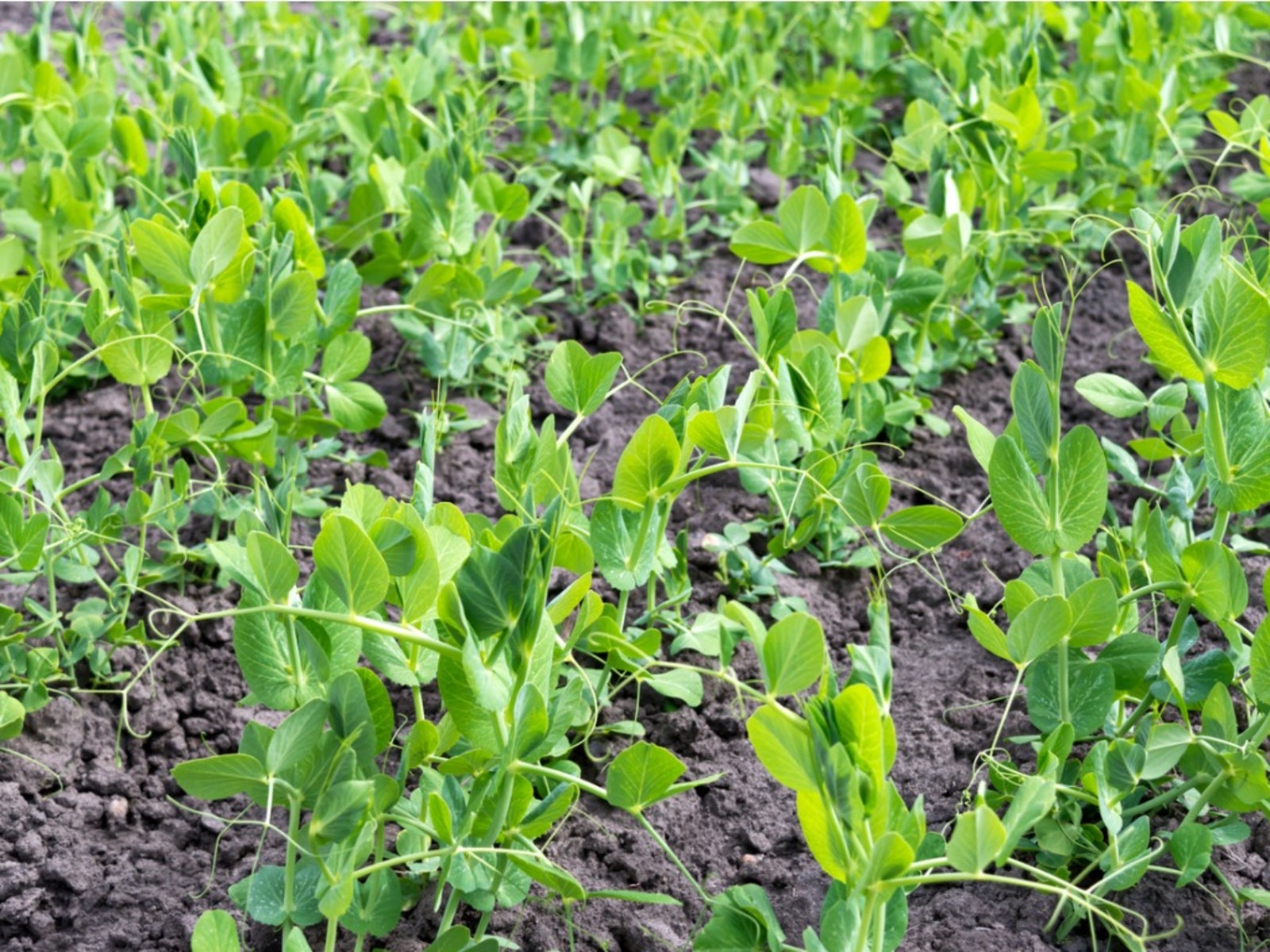Organic Gardening Soil Inoculants - Benefits Of Using A Legume Inoculant


Peas, beans, and other legumes are well known to help fix nitrogen into the soil. This not only helps the peas and beans grow but can help other plants later grow in that same spot. What many people don't know is that a significant amount of nitrogen fixing by peas and beans happens only when a special legume inoculant has been added to the soil.
What is a Garden Soil Inoculant?
Organic gardening soil inoculants are a type of bacteria added to the soil to “seed” the soil. In other words, a small amount of bacteria is added when using pea and bean inoculants so it can multiply and become a large amount of bacteria. The kind of bacteria used for legume inoculants is Rhizobium leguminosarum, which is a nitrogen fixing bacteria. These bacteria “infect” the legumes growing in the soil and cause the legumes to form the nitrogen fixing nodules that make peas and beans the nitrogen powerhouses they are. Without the Rhizobium leguminosarum bacteria, these nodules do not form and the peas and beans will not be able to produce the nitrogen that helps them grow and also replenishes the nitrogen in the soil.
How to Use Organic Gardening Soil Inoculants
Using pea and bean inoculants is simple. First, purchase your legume inoculant from your local nursery or a reputable online gardening website. Once you have your garden soil inoculant, plant your peas or beans (or both). When you plant the seed for the legume you are growing, place a good amount of the legume inoculants in the hole with the seed. You cannot over inoculate, so don't be afraid of adding too much to the hole. The real danger will be that you will add too little garden soil inoculant and the bacteria will not take. Once you have finished adding your pea and bean inoculants, cover both the seed and the inoculant with soil. That's all you have to do to add organic gardening soil inoculants to the soil to help you grow a better pea, bean, or other legume crop.
Gardening tips, videos, info and more delivered right to your inbox!
Sign up for the Gardening Know How newsletter today and receive a free copy of our e-book "How to Grow Delicious Tomatoes".

Heather Rhoades founded Gardening Know How in 2007. She holds degrees from Cleveland State University and Northern Kentucky University. She is an avid gardener with a passion for community, and is a recipient of the Master Gardeners of Ohio Lifetime Achievement Award.
-
 Looking For Plants To Give You The Soft And Fuzzies? Try These 5 Fuzzy Leaf Plant Options
Looking For Plants To Give You The Soft And Fuzzies? Try These 5 Fuzzy Leaf Plant OptionsLovers of texture, drama, silver foliage and tactile plants will adore these special sensory garden additions. These fuzzy leaf plant options will leave you all aglow
By Susan Albert
-
 Get Ready For A Summer Of Hummers! Grow These Full Sun Hummingbird Plants and Flowers
Get Ready For A Summer Of Hummers! Grow These Full Sun Hummingbird Plants and FlowersIf you’re lucky enough to enjoy a sunny backyard, make sure you are maxing out on your pollinator opportunities and grow these full sun hummingbird plants and flowers
By Tonya Barnett